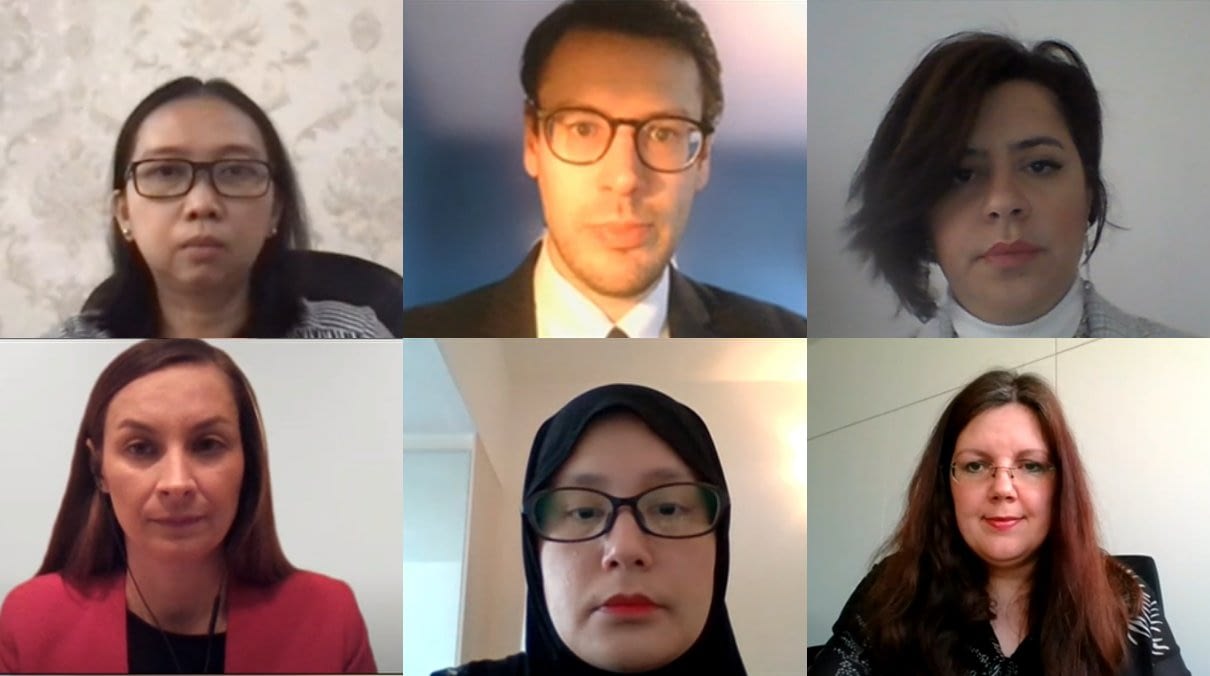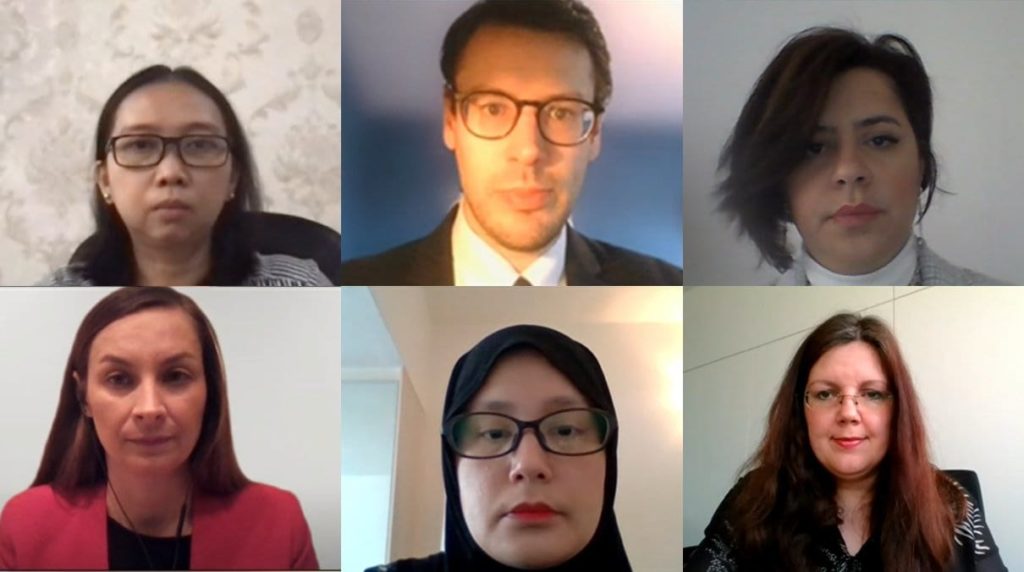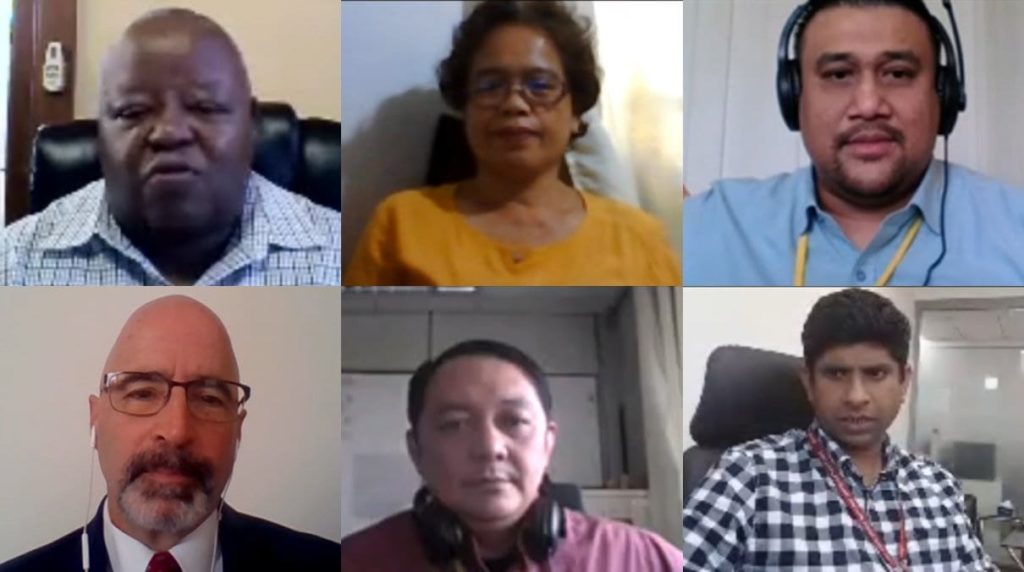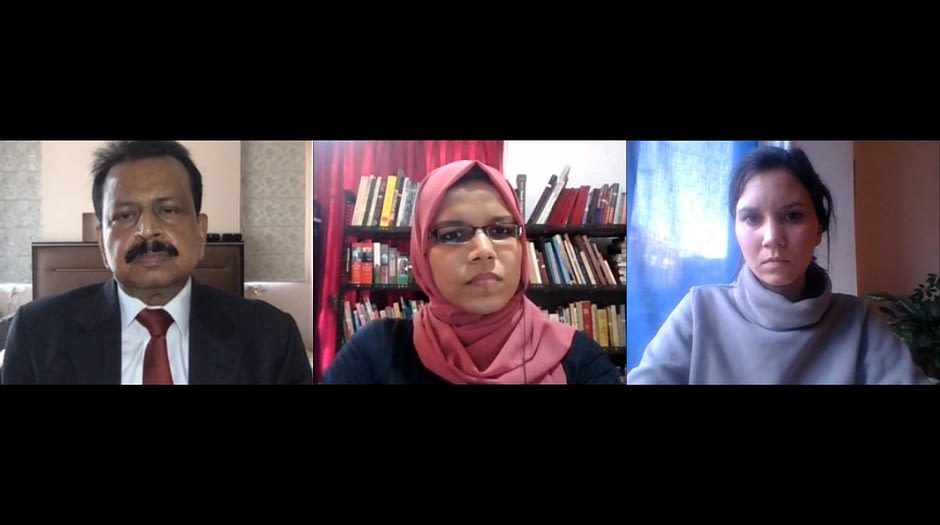
In February 2021, the IIJ convened its fifth in a series of online workshops under the IIJ Addressing Homegrown Terrorism Initiative. The workshop was convened with support from the Government of the United States and focused on the response to terrorist attacks in South and Southeast Asia. Law enforcement officials, prosecutors, media practitioners and civil society actors from seven countries in South and Southeast Asia were joined by colleagues from Africa, Europe, the United States, and representatives from international organisations and networks.

The curriculum for this innovative online workshop supported implementation of the GCTF’s Rabat-Washington Good Practices on Prevention, Detection, Intervention and Response to Homegrown Terrorism, with a specific focus on the three good practices (GPs 17 – 19) specifically addressing the response phase:
- GP 17: disseminating information after a homegrown terrorist attack quickly and accurately;
- GP 18: avoiding stigmatisation of any community; and
- GP 19: supporting programmes aimed at providing support to victims and witnesses of terrorism.

During the workshop’s dynamic sessions, practitioners shared current terrorism trends in their countries, government responses, and challenges and good practices in post-attack response. Sessions emphasised the importance of developing a comprehensive communication strategy, avoiding stigmatisation, retaliation and further radicalisation, protecting victims’ rights, and the important role of community leaders, such as mayors, religious leaders and tribe leaders.

Central to the workshop was a series of relevant case studies, including the Sri Lanka Easter Bombings (2019), the Kenyan Dusit Complex Attack (2019), the Philippines Jolo Twin Bombings (2019), the Christchurch Shooting (2019), the New York Chelsea Bombings (2017), and the Bangladesh Holy Artisan Bakery Attack (2016). These case studies provided a framework through which practitioners could identify and discuss challenges, lessons learned and good practices in the context of a complex post-attack environment.
Each session was followed by a hypothetical exercise through which practitioners applied the good practices and knowledge gained during the workshop.
For more information on this workshop or the IIJ Addressing Homegrown Terrorism Initiative, please contact Programme Manager Miriam Shafik.

